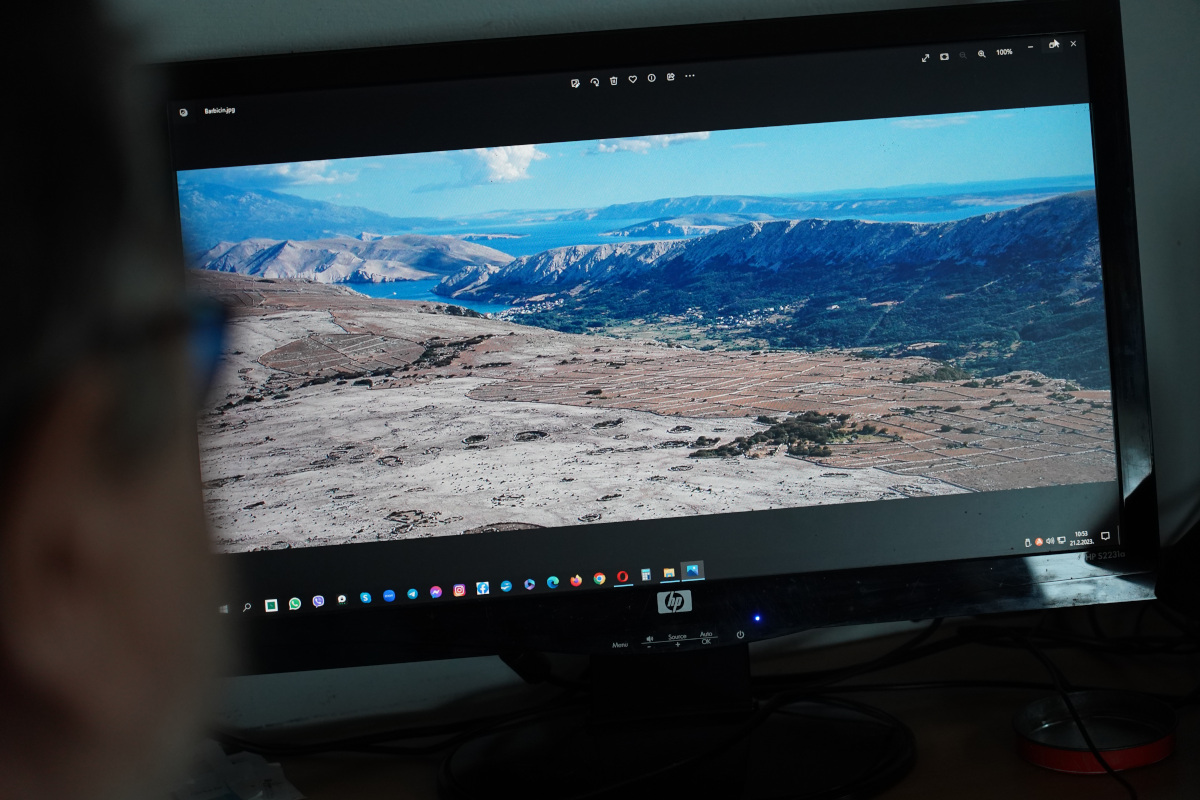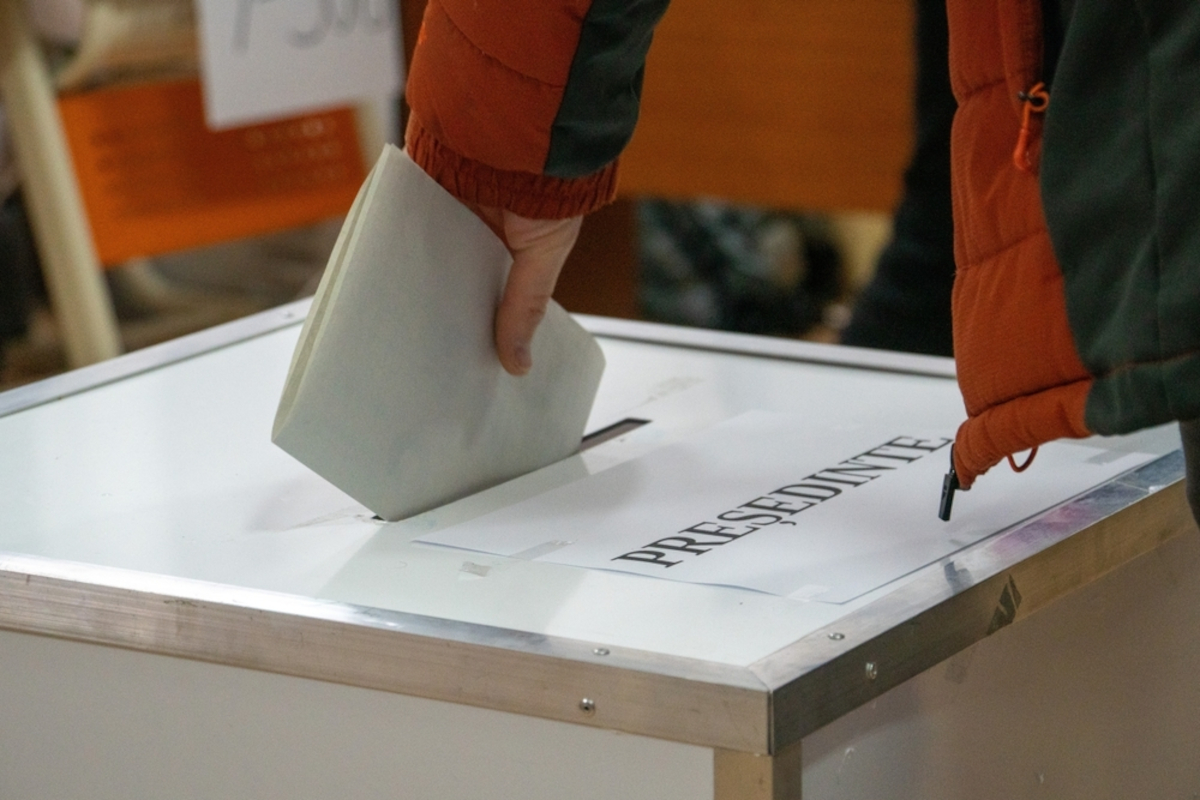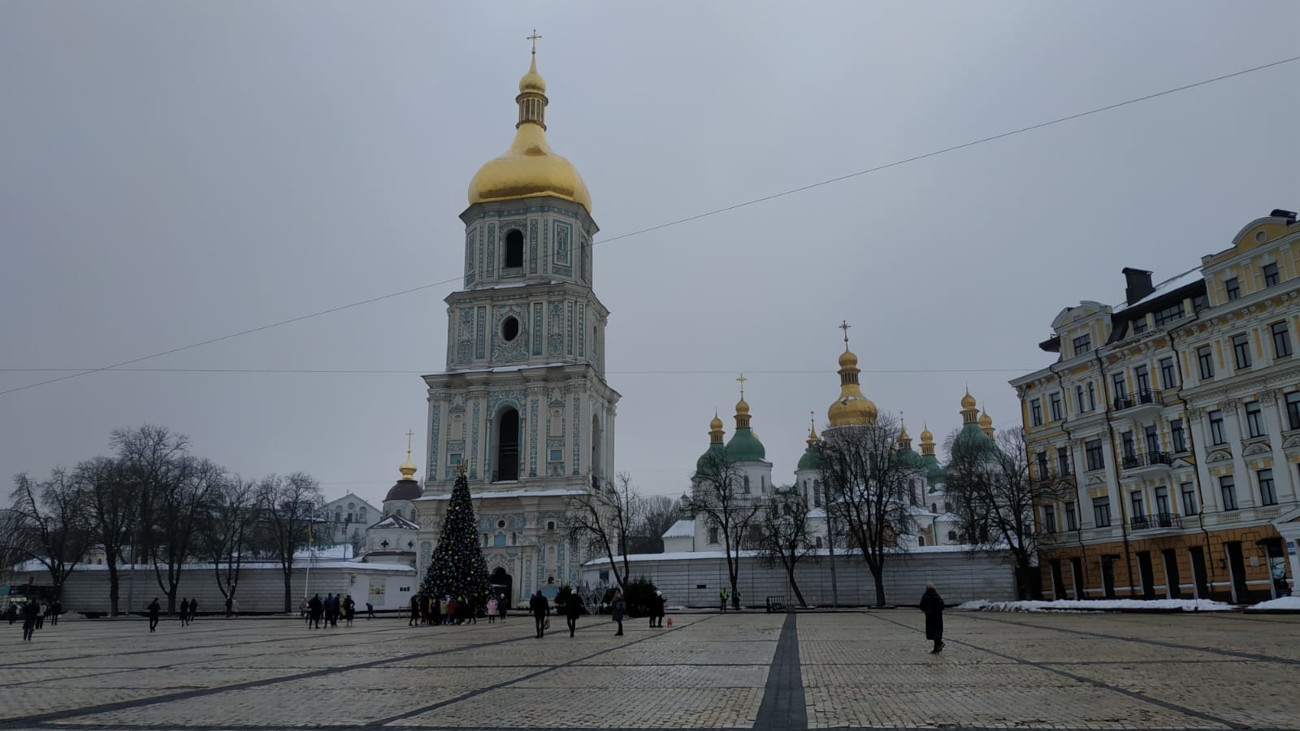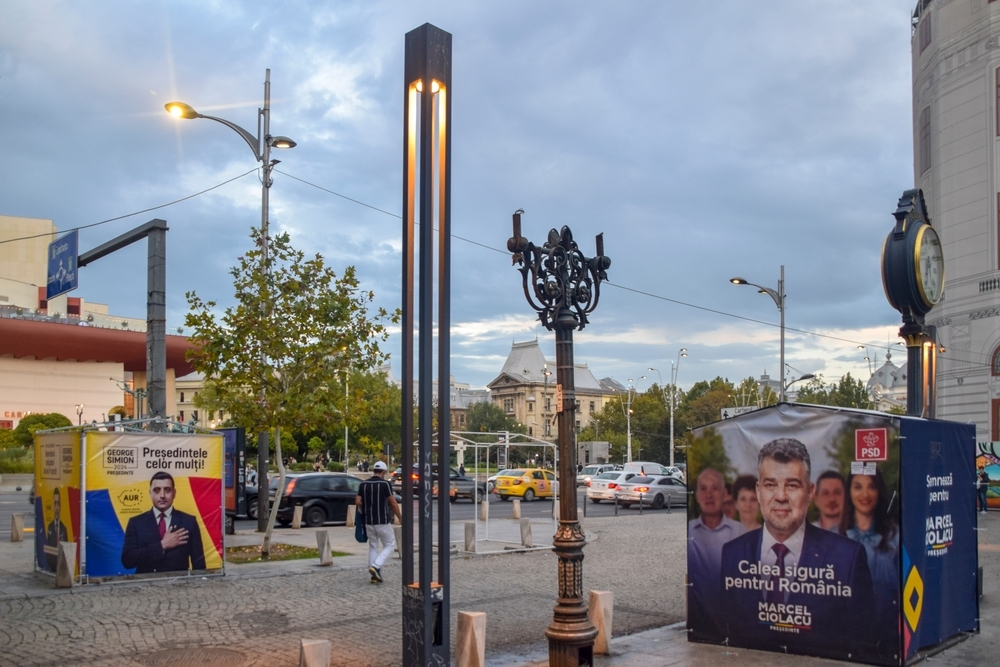Master in sviluppo locale nei Balcani: poche settimane per iscriversi
A Trento sta per partire il primo anno di master in "Sviluppo locale nei Balcani". Le iscrizioni chiuderanno il 24 novembre.
A partire da quest’anno 25 giovani provenienti dall’area balcanica avranno l’opportunità di seguire a Trento un anno di corsi incentrati sul tema dello sviluppo locale. Il master è nato da una collaborazione tra Università di Trento e di Bolzano, Regione Trentino Alto Adige e Ministero degli Affari Esteri. L’obiettivo è quello di fornire competenze e conoscenza a giovani operatori nel campo dello sviluppo, in modo possano divenire elementi di supporto e promozione alle trasformazioni locali. Soprattutto in grado di coinvolgere, in questo contesto, soggetti sia pubblici che privati.
La partecipazione al master è garantita da 25 borse di studio a copertura delle spese principali. Il termine ultimo per le iscrizioni è il 24 novembre 2001.
Qui di seguito la brochure riguardante il master (per ulteriori informazioni e per ricevere il modulo di iscrizione sono a disposizione i seguenti recapiti: TEL +39-0461-882280; FAX +39-0461-882222; EMAIL: EUROEST@GELSO.UNITN.IT).
Per chi fosse interessato ad altri corsi, master, occasioni di formazione l’Osservatorio sui Balcani cura un data-base che può liberamente essere consultato sul sito.
"MASTER ON LOCAL DEVELOPMENT FOR THE BALKANS"
University of Trento, University of Bolzano, Trentino Alto Adige Autonomous Region, with the support of the Italian Ministry of Foreign Affairs
2001-2002
The master is a one-year post-graduate course for high-level young operators coming from the Balkans or interested in the Balkan area.
The participation to the Master is open – 25 scholarships covering travel and full board expenses will be assigned to operators coming from the Balkan area.
The aim of the master is to educate professionals and provide them the necessary knowledge and expertise to introduce, support and coordinate transformation at local level, involving both public and private actors.
In particular, the Master intends to give the knowledge and the skills necessary to coordinate the work of different organizations, locally based or dealing with sub-national societies and economies. Such knowledge and skills aim to create helpful conditions and synergies for supporting co-habitation and local development.
The Master was established through the joint co-operation of Trentino Alto Adige Autonomous Region, the Universities of Trento and Bolzano and with the support of the Italian Ministry of Foreign Affairs.
CANDIDATES/APPLICANTS
The Master is addressed to high-level operators holding responsibility offices in the process of governance of local societies and economies in South-Eastern Europe.
In particular they may be:
Managers from small and medium-size enterprises (SMEs), operating in industrial, services and agricultural fields. Managers from cooperatives, organisations specialised in the supply of services to SMEs, Chambers of Commerce, local important banks are also included.
Officers of local governments and officers of central governments dealing with local (sub-national) economies, societies and law.
Officers involved in projects of International co-operation, in particular those operating at a local level, and opinion-makers at local level.
ADMISSION REQUIREMENTS
Applicants are required to hold a university degree in economics, law, political sciences or sociology (or equivalent qualifications), to be aged no more than 40 and be employed in private or public offices which are in conformity with the prerequisites above described.
Fluency in English and computer knowledge are also required. Right of priority will be given to others requirements being equal and to the knowledge of Italian or German language.
COUNTRIES ADMITTED TO THE PROGRAM
Albania, Bosnia and Herzegovina, Bulgaria, Croatia, Macedonia, Romania, Yugoslav Federation.
SELECTION
Candidates will be selected on the basis of the documents provided and the self-statement on the possession of necessary requirements. Candidates that are selected will be required to provide evidence of the actual possession of prerequisites.
TECHNICAL DESCRIPTION OF THE PROGRAMME
The Master program will include the following activities:
I. English will be the teaching language. Lectures (8 courses of 20 hours each, arranged in 3 two-months periods) are focused on the study of the following topics:
1. Local economic development
2. Stability and social development
3. Administrative effectiveness and local information
4. Support policies and organisations for local development
5. Intercultural and interethnic co-habitation
6. Legal structure of Autonomy
7. Regional co-operation
8. Regions and European integration
II. Participants will be asked to attend an intensive course of Italian or German, both organised within the Master activity. Italian or German will be the languages used in the operative activities, which will take place partly in Trento and partly in Bolzano .
III. In order to make attendance easier and more profitable and to uniform the starting knowledge, participants will be required to study in advance – before the beginning of the courses-, ad hoc material (books, papers, articles, reports) that the organisers will provide in due time.
IV. Workshop activities (33 hours per each two-month period) analysing successful Italian and other experiences of local development and co-habitation, through an interdisciplinary and intercultural approach and the helpful support of experts.
V. Stages (350 hours total) in qualified organisations (institutions and organisations of autonomy, public/private partnerships, national government/local administration relation, industrial districts, trans-border co-operation, policies for enterprises and local development, services to enterprises, local banks).
VI. Distance teaching, with the support of tutors, will be used for further investigation on topics discussed in lectures and their interactive application during the absence terms. In such a way participants will be constantly followed and supported also when absent.
VII. Project work, consisting of the analysis, research and experience aimed at the formulation of an original and purposeful project for the Balkans. It can be made in form of a paper either a report or an operational activity and will be part of the total evaluation of participants’ work.
SCHOLARSHIPS
A number of twenty-five (25) scholarships are reserved for candidates from the admitted countries. Scholarships include three (3) round trips in economy class from the residence city to the Master structures plus a salary of one million Lira (L. 1,000,000) per month for the six months of residence plus accommodation for six months. It also includes access to the facilities of the universities (library, canteen, use of computers, email and access to Internet, limited number of photocopies). The benefit of the scholarship is submitted to the regular attendance to the Master program.
CALENDAR
The Master calendar includes three periods of eight weeks, each spent at the Master facilities for classes, workshops, stages, language learning, study and papers. The rest of the period will be spent at the residence place. During this period the participants are required to study the material provided by the organisers, to participate in the distance learning activity and work at the project work.
EVALUATION
– Active frequency and examinations 25%
– Workshop activities and individual papers 25%
– Stage 20%
– Distance teaching e Project Work 30%
Deadline for applications
November 24, 2001
Tag:
I più letti
 Transizione energetica
Transizione energetica









